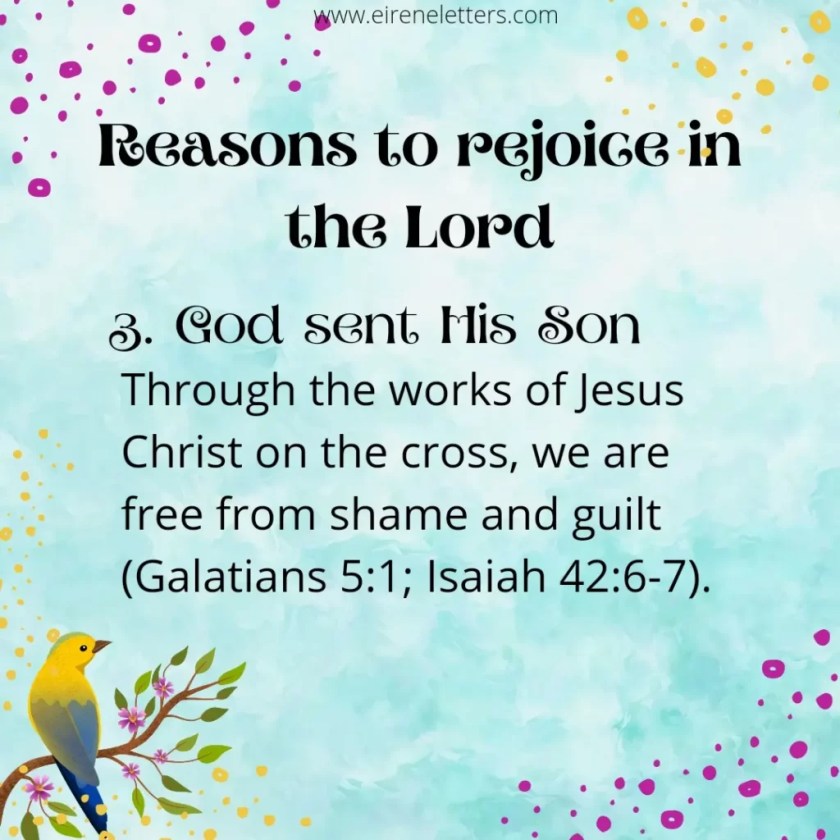John Wesley gave us some practical ways to read the Bible.
In his book which was published in 1765, “Explanatory Notes upon the Old Testament”, he wrote:
-To set apart a little time, if you can, every morning and evening for that purpose?
–At each time if you have leisure, to read a chapter out of the Old, and one out of the New Testament: if you cannot do this, to take a single chapter, or a part of one?
–To read this with a single eye, to know the whole will of God, and a fixt resolution to do it?
–In order to know his will, you should, have a constant eye to the analogy of faith;
–Serious and earnest prayer should be constantly used, before we consult the oracles of God, seeing “scripture can only be understood thro’ the same Spirit whereby it was given.”
–Our reading should likewise be closed with prayer, that what we read may be written on our hearts.
-And whatever light you then receive, should be used to the uttermost, and that immediately. Let there be no delay. Whatever you resolve, begin to execute the first moment you can. So shall you find this word to be indeed the power of God unto present and eternal salvation?
What John Wesley meant was that the reading of the Bible should include these basics:
a.little time
b. a chapter
c. a single eye
d. a constant eye
e. pray
f. pause
g. power
a. little time
You need to spend time to read the Bible. John Wesley said every morning and every evening, every day. You need to spend time to read the Bible. Make time in your schedule for Bible reading.
b. a chapter
Read a chapter from the Old Testament and a chapter from New Testament. If you can’t do that, you can read a chapter.
c. a single eye
We have to figure out what we can apply in our daily lives. After reading the chapter, what we should apply in our daily lives?
d. a constant eye
Have a constant eye to the analogy of faith: the original sin, justification by faith (because of faith, we are saved, and not because of good works), the new birth we have through Jesus Christ, Inward and Outward Holiness (emphasizing on Holy living).
e. pray
While reading the Bible, we pray for the Holy Spirit to give us understanding on the chapter. We also pray that God’s Word will be written in our hearts as we read.
f. pause
We should pause and examine ourselves by what we read. Examine our hearts and lives. This will result in giving praise to God when He has guided us to a path of blessedness, or at certain parts, we identified with the sins mentioned in the Bible, we then ask God for forgiveness.
g. power
The Bible gives us power to live a victorious life. There are so many testimonies of people who are able to face the challenges in life because they hold on to God’s promises and encouragements in His Word.
We will be blessed as we read God’s Word. After all, it is God’s love letter to us. It is the instructions on living our lives. Let us set aside time each day to read His Word.






















